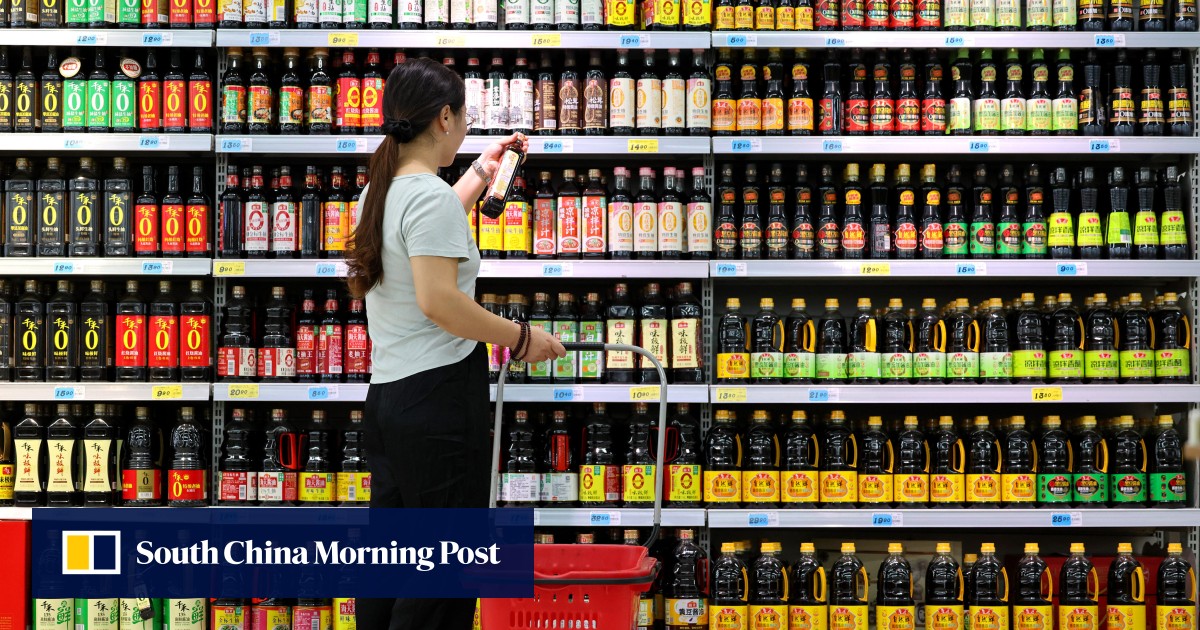
The cheap croissants and no-name detergents that power discount grocers in the US and Europe are now filling shelves in China, where struggling chains are betting on store brands to lure back shoppers.
Advertisement
Purveyors from Walmart and Wumart to Alibaba Group Holding’s Freshippo are streamlining their sprawling hypermarkets – once packed with name-brand goods – cutting clutter and pushing their own “private label” lines, which promise to match or beat the quality of established brands at lower prices.
They are betting that a playbook honed by the likes of German discounters Aldi and Lidl, and even Amazon’s Whole Foods – which has rolled out its budget 365 by Whole Foods Market brand as far as Singapore – can help them out of an ongoing slump. As consumers pull back amid economic uncertainty, sales at China’s top 100 operators were flat last year, while store counts fell nearly 10 per cent, according to the China Chain Store & Franchise Association.
Store brands often sell for less than name products by skipping intermediaries, including distributors, and keeping packaging simple to reduce marketing costs.
“Chinese consumers are becoming more sensitive to prices as they expect to earn less in the slowing economy,” said Jason Yu, Shanghai-based managing director of CTR Market Research. “They are more rational now. The growing urge for value-for-money offers huge demand for discounters.”
Advertisement
Walmart opened its fourth “community store” in Shenzhen in September, targeting middle-class shoppers with “trusted quality” and “heart-racing prices”. The company is accelerating store upgrades, saying the outlets are reshaping shopping experiences.


